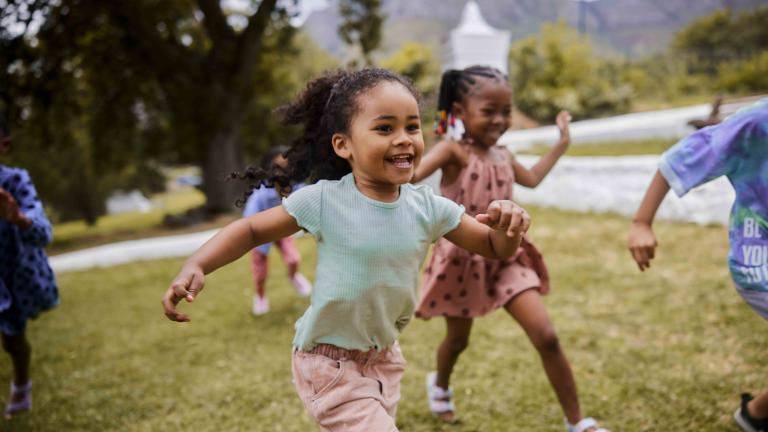Helping Kids Build Resilience

More children than ever report feeling overwhelmed, anxious, or hopeless. But research shows that a strong, supportive relationship with just one caring adult can make a difference. Parents, teachers, neighbors, and mentors all play a role in helping children feel safe, connected, and confident.
Childhood resilience is about meeting kids’ emotional needs so they can grow and thrive. That starts with listening, validating their experiences, and creating a safe space where they feel seen and understood.
Small, everyday actions can build a child’s emotional strength. Explore this Everyday Strong Resilience Handbook, developed by United Way with experts, for practical tools and activities.
Resilience doesn’t happen by accident. Children who feel safe to express emotions, connected to trusted adults, and confident in their abilities are better equipped to handle life’s challenges.
To help parents, teachers, and caregivers support children’s resilience, United Way collaborated with a group of experts on anxiety, depression, and psychological well-being – including medical professionals, educators, social workers, and mental health specialists. They created a simple approach that can help all of us support children’s emotional well-being.
Think of it like the food pyramid, with the most important foundation (#1) at the bottom. At the top of the pyramid is “thriving.”
- Physical Needs: Fundamentally, kids need to have their physical needs – like food, water, rest, and shelter – met.
- Safety: Kids need to feel safe to talk, make mistakes, and express emotions without fear of judgment.
- Connection: A trusted relationship with an adult helps kids feel understood and valued. Feeling loved matters, as does a feeling of belonging.
- Confidence: When children believe they can solve problems, they become more independent and resilient. Skills and achievement can build up self-esteem.
All four of those help a child thrive and puts them on a path to success in school, work, and life.
Mental health is critical to an individual’s – and community’s – health.